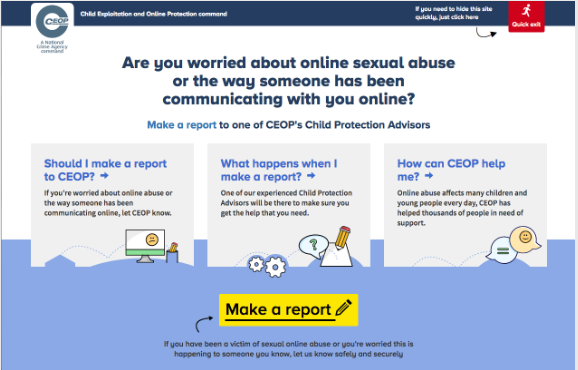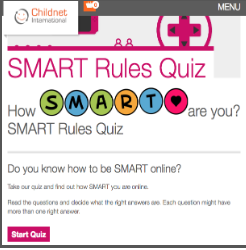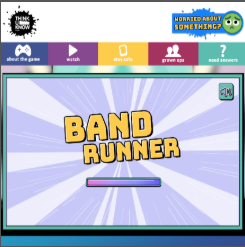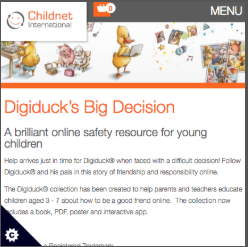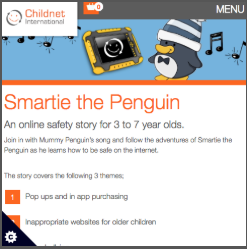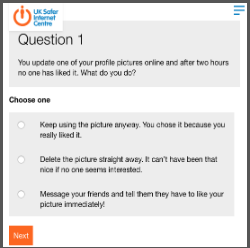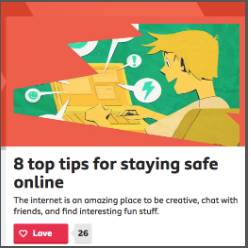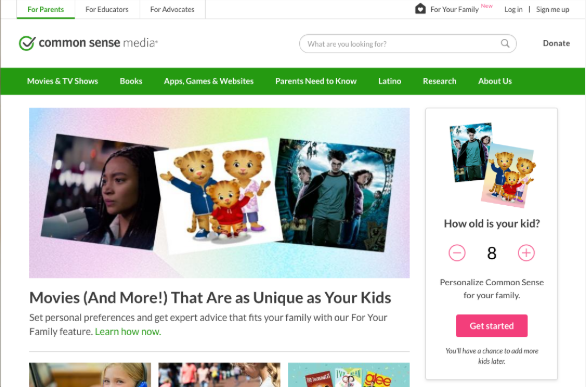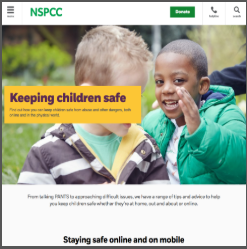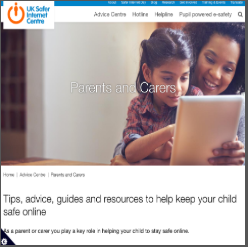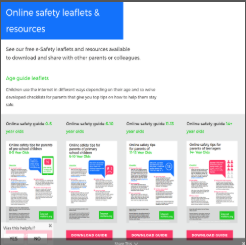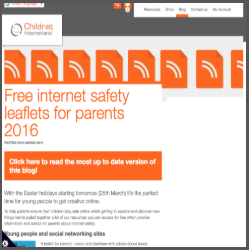E-Safety
E-Safety
At Abercarn Primary School, we teach pupils how to stay safe online using 'SMART'. We regularly remind pupils what each letter stands for and talk about examples of different dangers.
On this page, we've put together a collection of links and videos that children and parents can use at home.

Safe
Keep safe by being careful not to give out personal information when you're chatting or posting online. Personal information includes your email address, phone number and password.

Meeting
Meeting someone you have only been in touch with online can be dangerous. Only do so with your parents or carers permission and even then only when they can be present. Remember online friends are still strangers even if you have been talking to them for a long time.

Accepting
Accepting emails, IM messages, or opening files, pictures or texts from people you don't know or trust can lead to problems they may contain viruses or nasty messages!

Reliable
Someone online might lie about who they are and information on the internet may not be true. Always check information with other websites, books or someone who knows. If you like chatting online it's best to only chat to your real world friends and famil

Tell
Tell your parent, carer or a trusted adult if someone or something makes you feel uncomfortable or worried, or if you or someone you know is being bullied online.
Children & The Internet
In a connected world we can't imagine life without the internet! So let's embrace it, and give our pupils the skills they need to become digitally competent and well equipped to allow them to excel in this dynamic and evolving digital age. Many children have access to mobile phones, tablets, Chromebooks, laptops and games consoles and all of these give them access to the world wide web.
As parents and carers are you always aware of what your child is up to online? Would your child know what to do if there was an issue online?
As parents/carers you keep your children safe in the offline world, so its imperative to do the same in the online world. Here are some really useful websites and information to help you in teaching your child to use the internet safely and responsibly.
Other Videos about Online Safety
NSPCC Share Aware
Watch this video to see what not to share online
Pop Ups
Video which shows children how to deal with popups
Tips for Staying Safe Online
Watch this video for some tips to stay safe online.
Links for Children
Being online can be exciting and fun - but some things online can leave you feeling upset, worried or confused. If you feel any of these things when you're online it's important to know where to get help.
Talk to someone!
It's great to talk and it can really help you feel better about things. There are lots of people you can talk to, such as friends, family members and teachers.
Make a report.
If something has happened on a service like a game or social media site, you might be able to make a report. You can often report other users if they've done something to upset or worry you. You can also report content - such as hurtful comments or upsetting photos that you don't want to see.
Call ChildLine.
If you're really unsure about what to do and you don't have anyone you can talk to, then remember you can always call ChildLine on 0800 11 11 or visit there website form more advice.
What should I do if someone I only know online makes me feel uncomfortable?
Talk to an adult you trust. If someone you only know online, ever asks:
- to meet up with you,
- for photos or videos of you,
- for your personal information,
You can also report them to the police using the ThinkUKnow website.This website is run by CEOP who are part of the police and work to stop strangers online trying to meet up with young people.
Common Sense Media
This website is brilliant for parents and teachers. You can type in the name of any computer game or app or website or movie and it will tell you what sort of content your child will be exposed. Parents often have a hard time keeping up with what games their children enjoy playing, but this site gives you all the information you need to decide if a game/app/website is suitable or not.
Parents
The Internet has become an integral part of our and our children's lives. A world has opened up which offers many positive opportunities. According to Ofcom, (2013), the majority of parents agree with the statement: "I trust my child to use the Internet safely" (83%). However, only 43% of 8-11-year-olds are very confident in knowing how to stay safe online. It is therefore important that parents and carers are aware of the way in which their children use the Internet; talk to them about the risk of going online and assist them to use the Internet safely and responsibly.
This is what research tells us:
- Nearly half (48%) of 7- to 11-year-olds in Wales use social media a few times a week or more .
- Across the UK, 97% of children aged 3-17 went online in 2022; even among 3-4-year-olds, it was 87% .
- By March 2023 in England & Wales, 92.6% of 10- to 15-year-olds went online daily or almost daily; 58% spent at least 3 hours a day online on school days •
Children start using computers from a very early age and are increasingly using the Internet more and more whether at home, in school, on their mobile phones or on a games console. With this in mind, Internet safety and knowing how to help protect children and young people online is essential.
Just as we want to keep our child safe in the 'real' offline world, we will want to do the same in the virtual online world. It is important that we understand enough about the Internet to keep our children safe from harm but it is equally important that we equip our children with the skills they need to keep themselves safe so they can experience the Internet positively and responsibly.
Take a look at these links below for more ideas and tips for keeping your children safe online...


